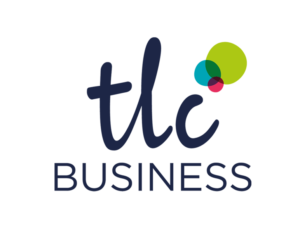#MarketingTitbits – Glass, Pinterest, networking
 1. Google Glass is coming to the UK
1. Google Glass is coming to the UK
Until recently, Google Glass has been available only to those living in the USA. However, the company released a statement earlier this week stating that they will begin offering Glass to individuals in Great Britain.
Along with the statement, Google provided potential customers with a video showing Glass being used in London; to give them an idea of how they might use the device locally. The video includes features such as language translation, a sat-nav system, and video recording.
To read more, click here.
2. The most pinned places on earth
Not so long ago, the only way to see and save images from far corners of the earth was to tear them out of travel magazines and stick them into scrapbooks or on the wall. However, times have changed and the traditional methods of ‘scrap-booking’ have been replaced with the internet, and in particular Pinterest.
If you possess that certain wanderlust you may already have a Pinterest ‘Travel’ board set up, but just in case you haven’t, we’ve got the perfect article for you. Mashable have brought us a list of the 30 most pinned locations all around the world.
3. 7 networking secrets everyone should learn in their 20s
Networking is a very important skill for all business professionals. It enables individuals to make strong connections with other business professionals and some might argue that good networking is the key to success in business.
This week, we saw a great article from Business Insider with seven networking secrets everyone should learn. To have a look at the list, click here.

